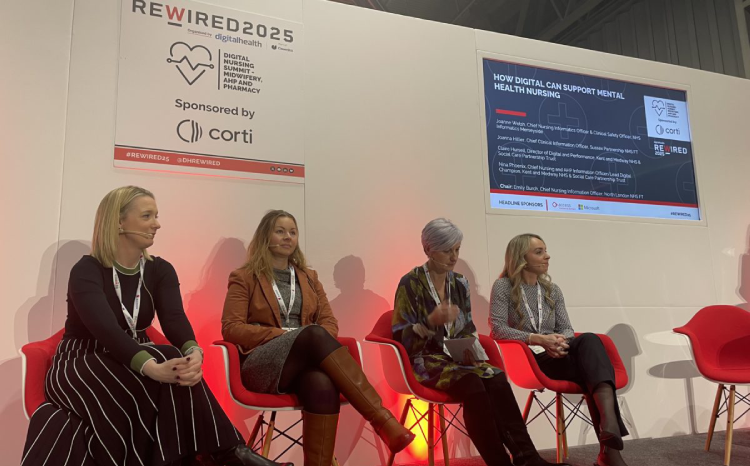PDA software lets nursing assistants review drugs
- 24 October 2007
Providing mobile drug management tools and web-based training on drugs management to nursing assistants can help cut prescribing problems among the elderly, according to a new Swedish pilot presented in Austria yesterday.
The pilot was based on providing community nursing assistants with PDAs carrying mobile drug management software, provided by Pharmtech, that links in real time to Sweden’s national Fass.se online drugs database.
Fass.se is Sweden’s primary drug information source for HC pros and citizens, receiving four to five million visitors per month.
“Fass.se is one of most visited websites in Sweden. It is split into three sections – general public, healthcare staff and animal health – providing detailed information resources on drugs for public and healthcare professionals,” said Per Manell, Chief Technology Officer of the Swedish Association of the pharmaceutical industry (LIF) – Lakemedelsindustriforeningen.
Manell added: “Using Fass.se the general public can get information on medicines and kids, elderly, driving cars, vaccinations and get a view on what is on the research pipeline.”
In a joint venture, an online training site for nursing assistants, Medicines University, has been launched. “We have so far trained 10-12,000 assistant nurses but the potential is for 200,000 people,” said Manell. “When we train assistant nurses we are seeing they are more observant and spotting adverse reactions early.”
The focus of the pilot is drug problems related to elderly. “As people get older they consume more drugs and have more prescriptions. We can also see a lack of quality in medicines use among the elderly and people caring for elderly often don’t have any training in medicines. This is why we introduced Medicines University,” said Mansell .
He explained the importance of education and of providing tools to help nursing assistants examine prescribing habits, through medication reviews and screening patients in need of in-depth medication reviews.
Magnus Fagerholm, director of Pharmtech, explained how medication reviews are carried out in older people’s homes by nursing assistants, using the Life-reader – a PDA with a barcode scanner. “The healthcare professional can scan medicines packages at the patient’s home to get correct picture of what patient has taken.”
Fagerholm said that this audit gives an accurate picture of the actual medications prescribed by different doctors or given by friends and neighbours. “You can then check whether the drugs are suitable for the elderly, whether there are contraindications and match drugs prescribed. The user also has access to Fass and Patient Fass databases on every drug prescribed in Sweden on device.”
Another simple but key feature of the Life-reader is that it can be connected to a printer and a full list of a patients drugs can be printed and shared with their doctor.
Len Furmark Lofgren, healthcare solutions manager Microsoft, one of the project partners, said: “Elderly people can have quite a cocktail of drugs in their homes, keeping nurses awake at night and can be a major cause of problems such as falls.”
She said that an evaluation of the Life-reader pilot involving 60 patients indicated users found it friendly and easy to use. “The nurses felt this was a tool to support patient safety and security, that helps improve the quality of care.”
Lofgren said that use of the tool delivered results, “After a while they could see that the list of pharmaceuticals the patient used decreased over time.”
On the negative side, use of Life-reader led to surprisingly few escalations to an MD. When such action was needed – for example when a sever interaction was found – the nurses were reluctant about contacting doctors. “My impression is that this is due to organisational issues not technical ones,” said Lofgren.
In almost half the cases, a warning of some kind was triggered, but not one of the nurses in the project made a single contact with an elderly person’s MD.
Manell argued that the findings of the pilot indicated that professionals needed to reach agreement on how nursing assistants should carry out medication reviews. “The key things is that there is still a professional fight, is this for physicians only, or can nurses be trusted to do this? We need to work together, starting with people who provide daily care and see the first signs of reactions, and this is the assistant nurse, rather than the physician that sees them every six months.”
He added that some communities in Sweden are now planning for more general use of the Life-reader, but have recurrent problem that care of elderly is financed separately from healthcare, meaning that savings do not necessarily return to the organisation that makes the investment.




